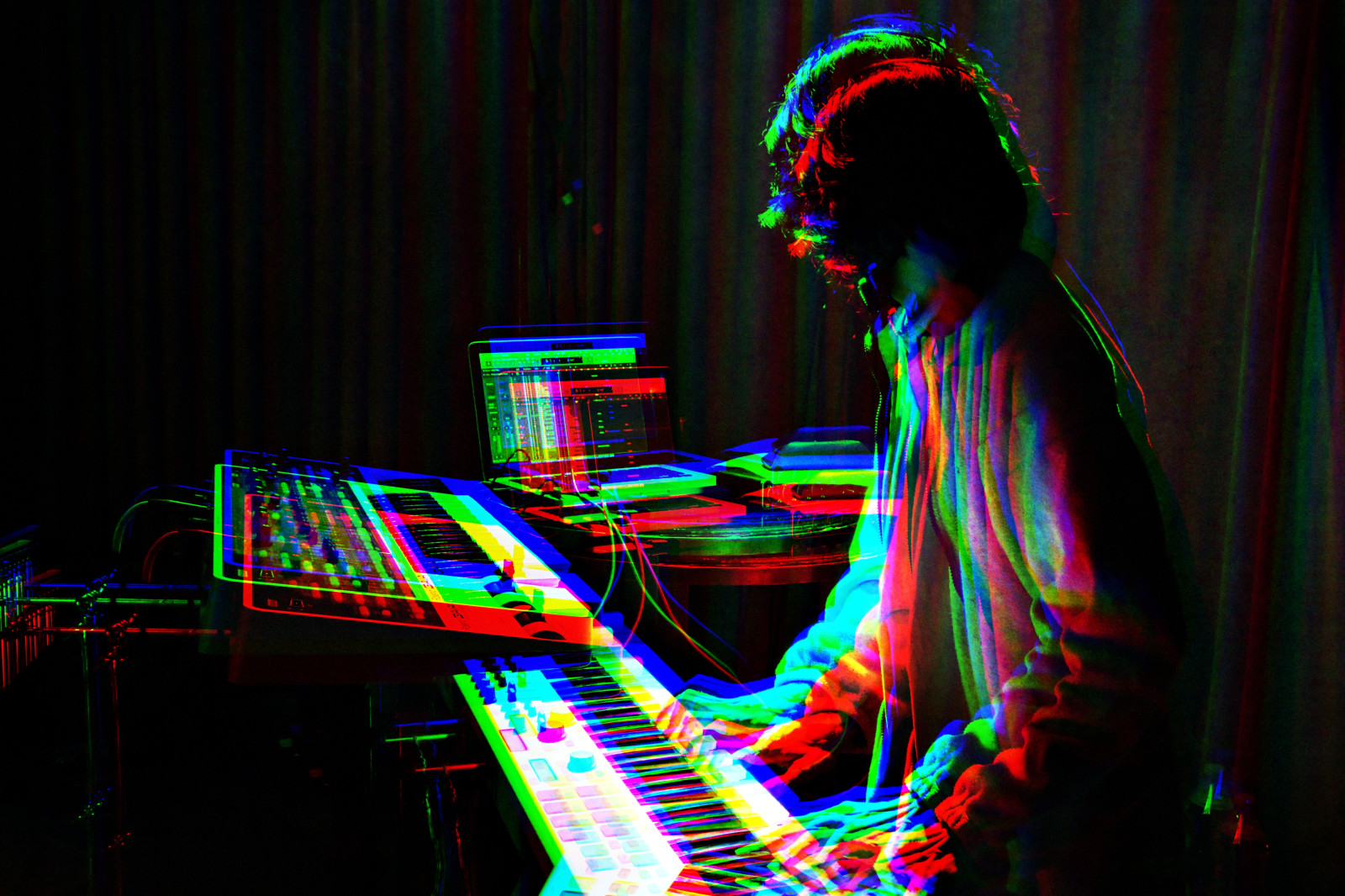AI copyright lawsuits beg the bigger question: How valuable is digital content?

Photo: Escape Artiste

The future of artificial intelligence (AI) is currently caught between earth-shaking promise on one side, and a tangle of ongoing litigation on the other. This week’s OpenAI keynote painted an exciting future for generative AI, with updates including customisation and integration capabilities for ChatGPT. However, the enthusiasm is tempered by a haze of ongoing copyright infringement lawsuits in the US. In the latest, Universal Music Group is suing Anthropic, alleging that Anthropic is using copyrighted material, including lyrics, to train its AI model without permission.
While each company building generative AI has a different take on what its relationship with copyright should be, they agree on the main point: they do not think they should pay to train on copyrighted works, and think end users are ultimately responsible for any copyright infringement.
It may simply be too late to apply copyright to models that are already in use. Models from Bard to ChatGPT are all trained off of the open internet – which copyright has been struggling to catch up with since the early days of YouTube (if not earlier). It is very hard to safeguard copyright online to begin with, and if the generative AIs have been trained on the wide, free-to-access (however illegitimate) internet, resulting copyright violations are a symptom of a problem that never quite got solved in the first place… if it was ever even solvable. Placing the blame on these companies (or, for that matter, on individual users) is not likely to fix much. Pandora’s box is wide open; rightsholders can try their hardest to put everything back, but it is too little, too late.
Featured Report
Social audiences are fragmenting Social platform user profile
The social marketplace has been growing – but attention is a finite resource, as is consumer time. As a result, audience attention is fragmenting across many different apps, with the biggest – YouTube, Instagram, Facebook, and TikTok –still dominating.
Find out more…
Which is not to say that the lawsuits don’t serve a purpose. Generative AI companies can try to argue their models are only looking at copyrighted material in an exempt kind of way, be it Google’s take that ‘training AI is like reading a book’, or Anthropic’s, that the ‘copying’ of works is only ‘an intermediate step’ towards generating new ones. However, both arguments fail to address the issue of replacement: their AIs can produce content that can take the place of works from original creators, thus undermining their ability to get paid; does draw on those original works in its ‘training’, and can only reassemble and regurgitate specifically tagged information. It is unable to draw from whole lifetimes of adjacent experiences, perspectives and influences, and combine them in new and organic ways with unique flair. For every reason we have copyright law in the first place, equitable remuneration to rightsholders is going to be a necessity for AI moving forward.
Blanket licensing is one potential solution, where rightsholders get their shares and AI companies do not take too big a hit. It is unlikely that a per-use remuneration system would be technically feasible at this stage for most existing models, or – to Meta’s point – would actually benefit copyright holders much. The same dynamics that led Spotify to cut the long-tail of artists will impact AI: AI generation royalties would be so microscopic in share that while the collective payout may be high, individual payouts would be minimal.
However, these problems point to a much larger trend. The sheer volume of content now on digital platforms is diminishing any of its perceived value. Everything is available online, and not much of it is considered worth paying for.
Given this value imbalance, the future of entertainment is not as online as the industry has perhaps been preparing for. The Covid-19 pandemic artificially inflated expectations of the role of digital. AI is perhaps the last boom in the tech bubble; as layoffs abound and cultural interests lags, it is possible that the internet itself is about to enter a period of disillusionment. Bring back live gigs, Box Office weekends, physical merchandise, and real, sensory experiences. AI will take over much of digital infrastructure, and yes, there will be micro-violations of copyright on digital platforms. But the natural response to this is going to be two-fold. On the one side, the perceived and thus actual value of digital content will decrease as volume increases, thus making it less worth the time, investment, and energy it demands now. On the other, younger audiences and creators may deliberately start to stay offline to protect themselves and their works. We are already seeing this take place, with exclusively in-person listening, early ‘first listen’ parties before albums go up on streaming, and artists returning to the early days of relying on live gigs and merch sales as opposed to playing the rat-race of the streaming game.
So while a copyright solution to generative AI is needed, rights holders should – and will – look beyond the digital world to build their revenue models moving forwards. AI will change the digital landscape, but the digital landscape is really just another infrastructure at work in the much bigger picture, and we are facing that perspective shift now.

The discussion around this post has not yet got started, be the first to add an opinion.